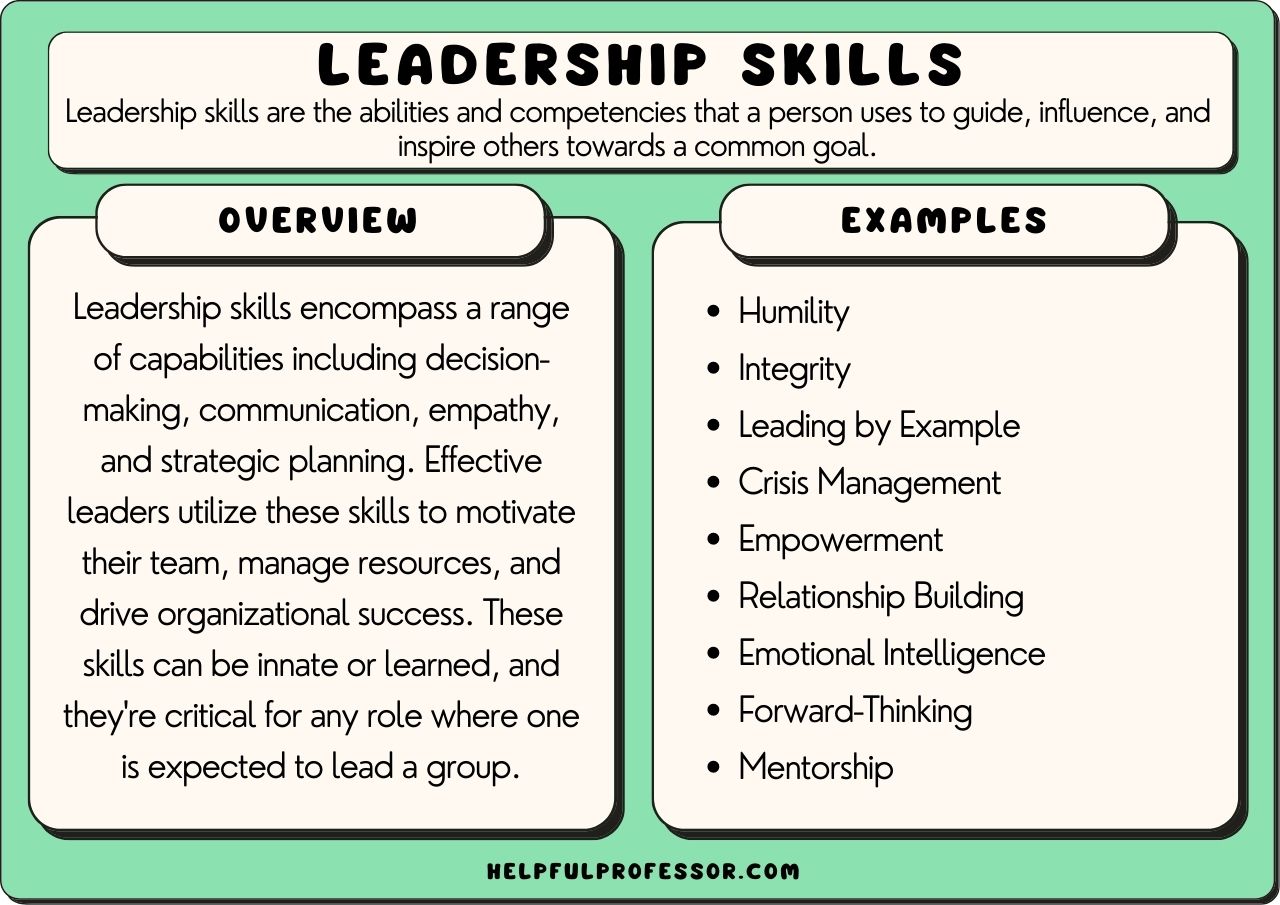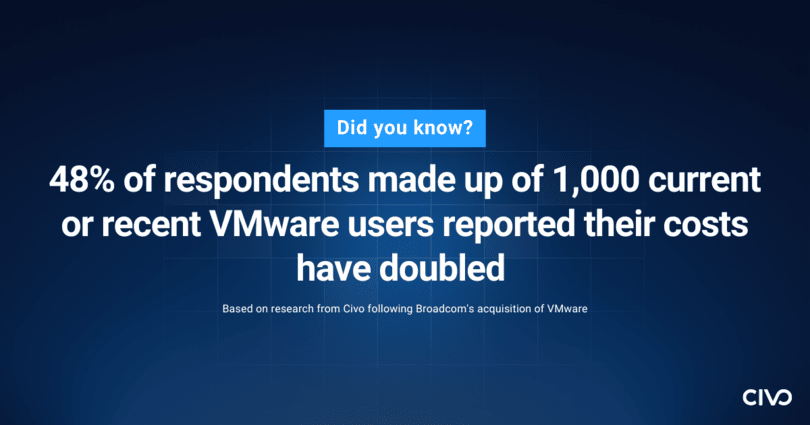Middle Managers: The Bridge Between Leadership And Employees

Table of Contents
The Crucial Role of Middle Managers in Communication and Implementation
Middle managers are the linchpin connecting strategic goals set by upper management with the day-to-day operations of their teams. They translate high-level directives into actionable plans, ensuring everyone understands their role in achieving the company's vision. This critical translation process requires exceptional communication and leadership skills. Effective middle managers ensure:
- Effective communication of company vision and mission: They don't just relay information; they inspire and motivate teams by clearly articulating the "why" behind strategic initiatives. This fosters a sense of purpose and shared understanding.
- Clarification of expectations and deadlines: They provide clear guidelines, setting realistic expectations and deadlines, ensuring projects stay on track and preventing misunderstandings. This includes regular check-ins and progress updates.
- Providing regular feedback and updates: Consistent feedback is vital. Middle managers offer constructive criticism and recognition, keeping team members informed about progress and any necessary adjustments.
- Facilitating open communication channels between teams and leadership: They act as a conduit, ensuring information flows freely in both directions. This prevents bottlenecks and ensures leadership receives valuable feedback from the frontline.
- Addressing employee concerns and escalating issues to upper management: They are the first point of contact for employee concerns, acting as advocates and escalating significant issues to the appropriate levels of management.
Navigating the Challenges Faced by Middle Managers
The role of a middle manager is not without its difficulties. They often face competing demands, limited resources, and pressure from both above and below. Successfully navigating these challenges requires strong leadership, adaptability, and excellent problem-solving skills. Common challenges include:
- Balancing competing demands from upper management and their teams: Middle managers must prioritize tasks, mediating between conflicting priorities from leadership and the needs of their direct reports. This requires skillful negotiation and prioritization.
- Managing conflicting personalities and resolving team conflicts: Building a cohesive and productive team requires addressing personality clashes and resolving conflicts effectively. This necessitates strong interpersonal skills and conflict resolution strategies.
- Dealing with limited budgets and resources: Middle managers often operate with constrained resources, requiring them to make difficult decisions about allocation and prioritization. Resource management skills are crucial.
- Adapting to organizational change and uncertainty: In today's rapidly changing business landscape, adaptability is key. Middle managers need to be flexible and guide their teams through periods of transition and uncertainty.
- Developing and mentoring their teams: Investing in their team's growth is essential. Middle managers need to identify individual strengths and weaknesses, providing mentorship and opportunities for professional development.
Essential Skills for Effective Middle Management
Excelling as a middle manager demands a unique blend of skills and qualities. Effective middle managers possess:
- Strong communication and interpersonal skills: This is the foundation of their role, enabling them to build relationships, foster collaboration, and effectively convey information.
- Effective problem-solving and decision-making abilities: They are constantly faced with challenges requiring quick and informed decisions. Analytical and critical thinking skills are crucial.
- Leadership and mentorship skills: They guide, inspire, and support their teams, providing both direction and opportunities for growth. Mentorship plays a significant role in team development.
- Proactive approach to conflict resolution: Addressing conflicts early and efficiently is crucial for maintaining a productive work environment. Conflict management skills are essential.
- Adaptability and resilience: The ability to adapt to change and navigate challenges with resilience is vital for success in this demanding role.
Developing and Supporting Middle Managers for Organizational Success
Investing in the development and support of middle managers is crucial for organizational success. Organizations should prioritize:
- Leadership training programs: Providing training in communication, conflict resolution, and leadership development equips middle managers with the skills they need to excel.
- Mentorship opportunities: Pairing experienced middle managers with mentors can provide valuable guidance and support.
- Regular performance reviews and feedback: Providing regular feedback helps middle managers identify areas for improvement and track their progress.
- Access to resources and tools: Equipping middle managers with the necessary resources and tools empowers them to perform their duties effectively.
- Creating a supportive and collaborative work environment: A supportive environment fosters collaboration and encourages open communication, contributing to improved morale and productivity.
Conclusion
Middle managers are the indispensable bridge between leadership and employees, significantly impacting organizational success. Their ability to effectively communicate strategic goals, navigate challenges, and lead their teams directly influences productivity, morale, and overall company performance. By recognizing the crucial role of middle managers and investing in their growth through training, development, and support, organizations can foster a more productive, engaged, and successful workforce. Empower your middle management team today and witness the positive impact on your company’s overall performance. Invest in your middle managers – invest in your future.

Featured Posts
-
 Nea Romantiki Komenti Treiler Materialists Me Ntakota Tzonson Pedro Paskal And Kris Evans
May 10, 2025
Nea Romantiki Komenti Treiler Materialists Me Ntakota Tzonson Pedro Paskal And Kris Evans
May 10, 2025 -
 Transznemu No Letartoztatasa Floridaban Illegalis Noi Mosdohasznalat
May 10, 2025
Transznemu No Letartoztatasa Floridaban Illegalis Noi Mosdohasznalat
May 10, 2025 -
 Dakota Johnsons Career Trajectory The Chris Martin Factor
May 10, 2025
Dakota Johnsons Career Trajectory The Chris Martin Factor
May 10, 2025 -
 Cologne Climbs Above Hamburg In Bundesliga 2 Matchday 27
May 10, 2025
Cologne Climbs Above Hamburg In Bundesliga 2 Matchday 27
May 10, 2025 -
 1 050 V Mware Price Increase Proposed By Broadcom At And Ts Concerns
May 10, 2025
1 050 V Mware Price Increase Proposed By Broadcom At And Ts Concerns
May 10, 2025
